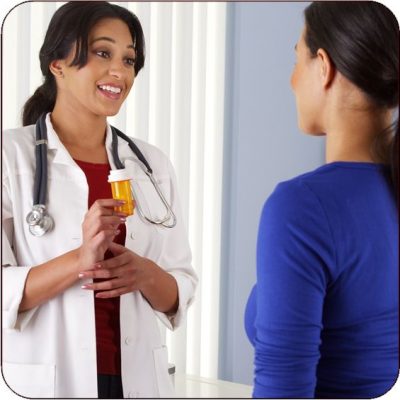Women’s Health Issues and Trends in Pharmacology
Elizabeth Vande Waa, PhD
Providing individualized treatment is key to maintaining patient safety in your clinical practice. By completing this CE offering, you will gain a deeper understanding of the latest treatment strategies for a variety of conditions that affect women’s health, ranging from menopause to human papillomavirus.
This discussion includes reviews of both estrogen and thyroid hormone in the female life cycle, including the benefits and contraindications of their respective therapies. Additionally, the offering covers the indications and contraindications of prescribing drugs for gestational hypertension or diabetes, as well as common discomforts of pregnancy. The Women’s Health CE also offers pharmacologic information about various contraceptives, ranging from emergency contraceptives to intrauterine devices. Lastly, this talk offers up-to-date guidelines for treating sexually transmitted infections.
A few of the other discussions in this session are as follows:
- Drugs for overactive bladder
- Diagnosis and treatment of thyroid disorders
- Treatment options for the management of Paget’s disease and osteoporosis
- Weight loss medications
Differential Diagnosis of Common Gynecologic Disorders
Elizabeth Kuzma, DNP, FNP-BC
Understanding the unique anatomical and endocrine concepts of gynecology can be a challenge, but it is a crucial skill for NPs to maintain. This session will allow you to hone your differential diagnosis skills when addressing common hormonal and infectious gynecologic disorders.
First, the presentation provides detailed analyses of vulvovaginal disorders from bacterial vaginosis to atrophic vaginitis. Then, dangerous reproductive complications, including pelvic inflammatory disease and ectopic pregnancy, are discussed in depth, plus an update on cervical cancer screening and Papanicolaou test interpretation. You will receive guidance on the differential diagnosis and treatment of common physiological and psychological syndromes related to menstruation and menopause. Finally, a refresher on breast health is provided, allowing you to review Tanner staging and differentiate between fibrocystic breast disease and breast cancer. Throughout the module, you will be guided by in-depth case studies that allow you to test your skills.
Drugs for Bacterial Infections
Robert Fellin, PharmD, BCPS
Antibacterial agents are powerful tools, and it is important to use them with precision. This advanced session provides an in-depth discussion of the most appropriate drugs to prescribe for bacterial infections, allowing you to confidently navigate this complex area of pharmacology. The talk begins with a discussion of bacterial pathogenicity and virulence, and the science behind anti-infectious agents is reviewed. Next, the session delves into detailed discussion of specific antibiotic drugs.
This CE offering includes information on the following topics:
- Natural penicillins, anti-Staphylococcal, anti-Pseudomonal, and aminopenicillins
- First- through fifth-generation cephalosporins
- Antibiotic treatment and prophylaxis for tuberculosis
- Urinary antiseptics, tetracyclines, and 17 other commonly prescribed antibiotics

